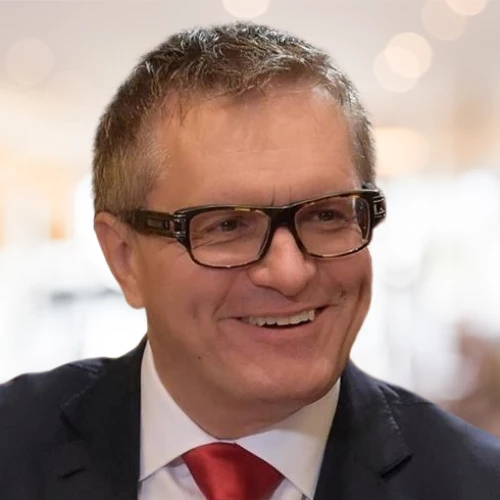
Vladislav Boutenko
Managing Director & Senior Partner, Global Segment Leader Cities & Regions RiyadhEducation
- MSc, summa cum laude, physics, Moscow Institute of Engineering and Physics
- MSc, summa cum laude, applied mathematics, École Nationale Supérieure des Télécommunications (Paris, France)
Honors and Awards
- Nine European and US patents on digital devices
Vladislav Boutenko leads the global cities and regions component of Boston Consulting Group’s Travel, Cities & Infrastructure practice. He is also a member of the firm’s Technology, Media & Telecommunications, and People & Organization practices. Vladislav has 28 years of experience working with clients in the US, Europe, and the Middle East. He is passionate about advising CEOs and governments on large-scale strategic and transformational projects.
Vladislav creates and implements strategic programs that focus on long-term development, implementing innovations, and attracting investors. He has particular expertise and experience in high tech industries. His recent work has focused on the future of mobility, the topology of human settlement, city planning and operations, global migration of talent, resident needs, and the value proposition of cities.








